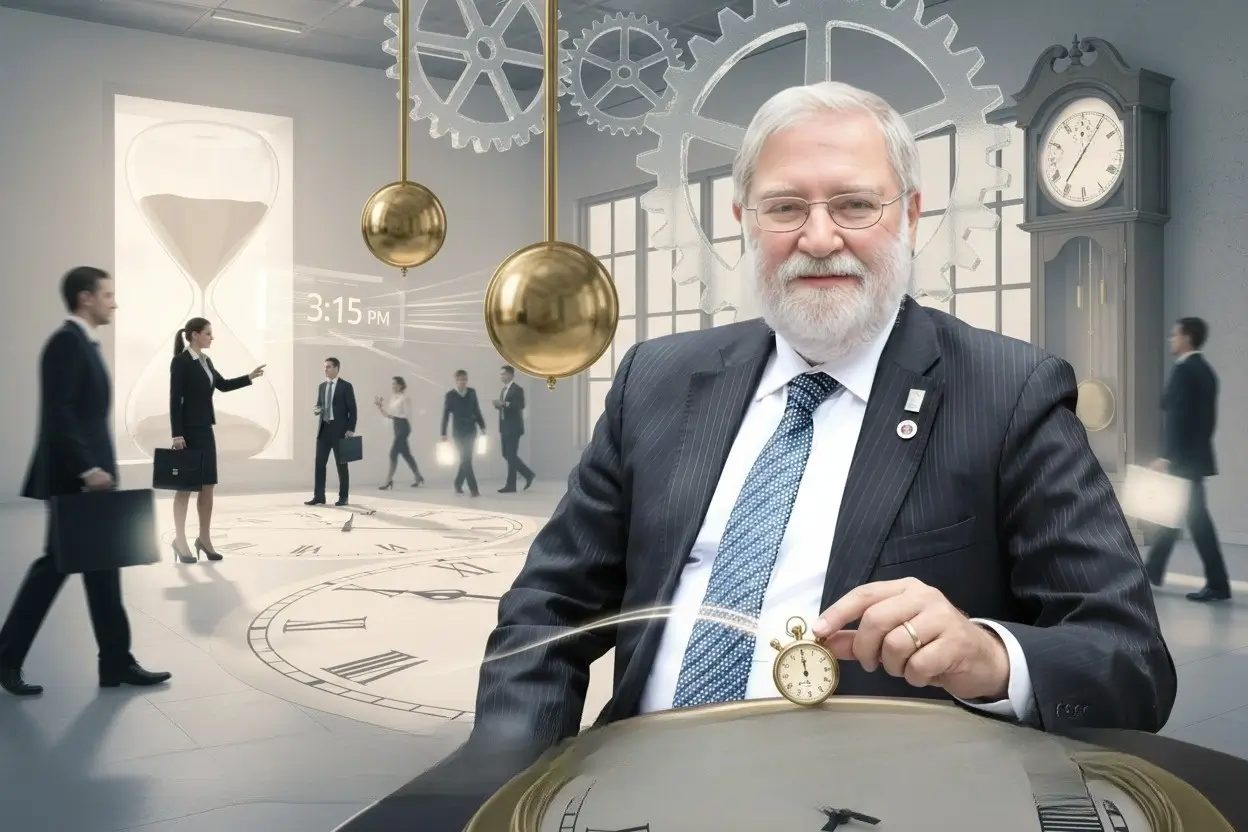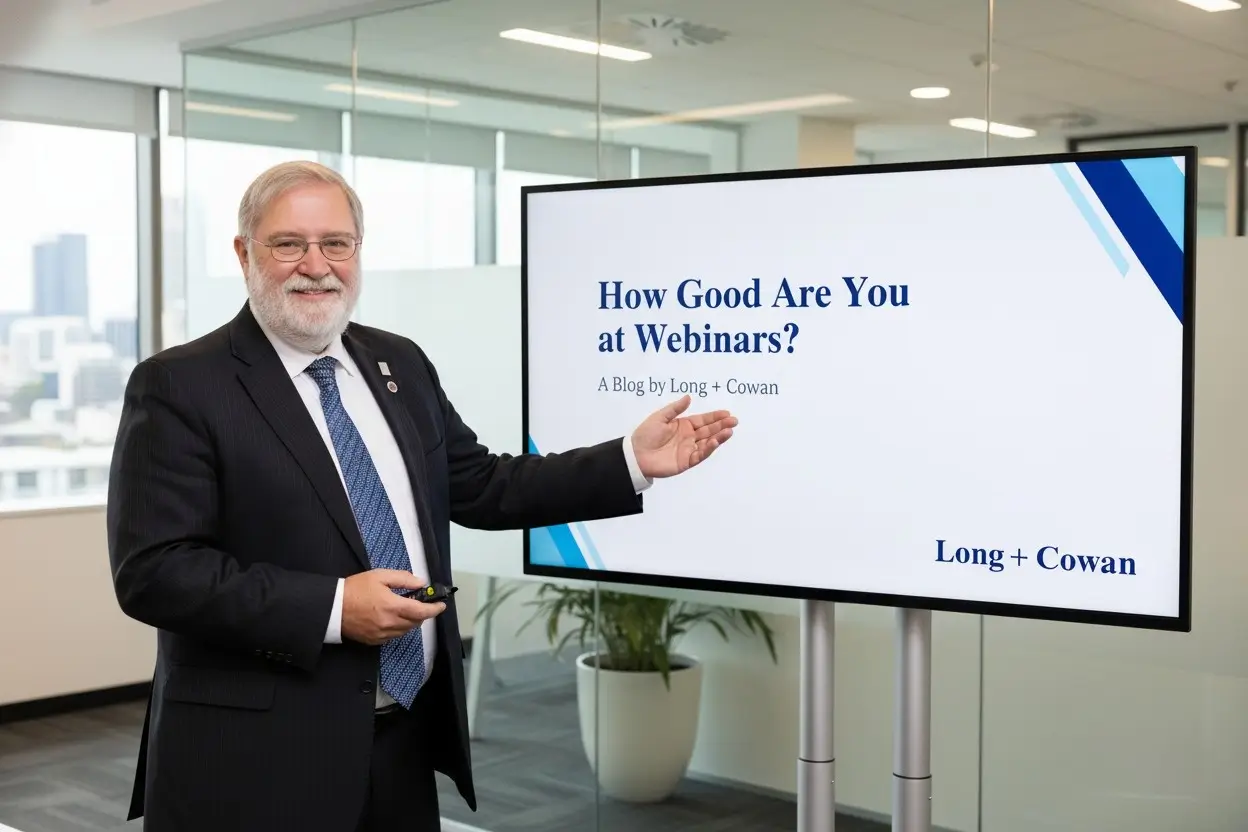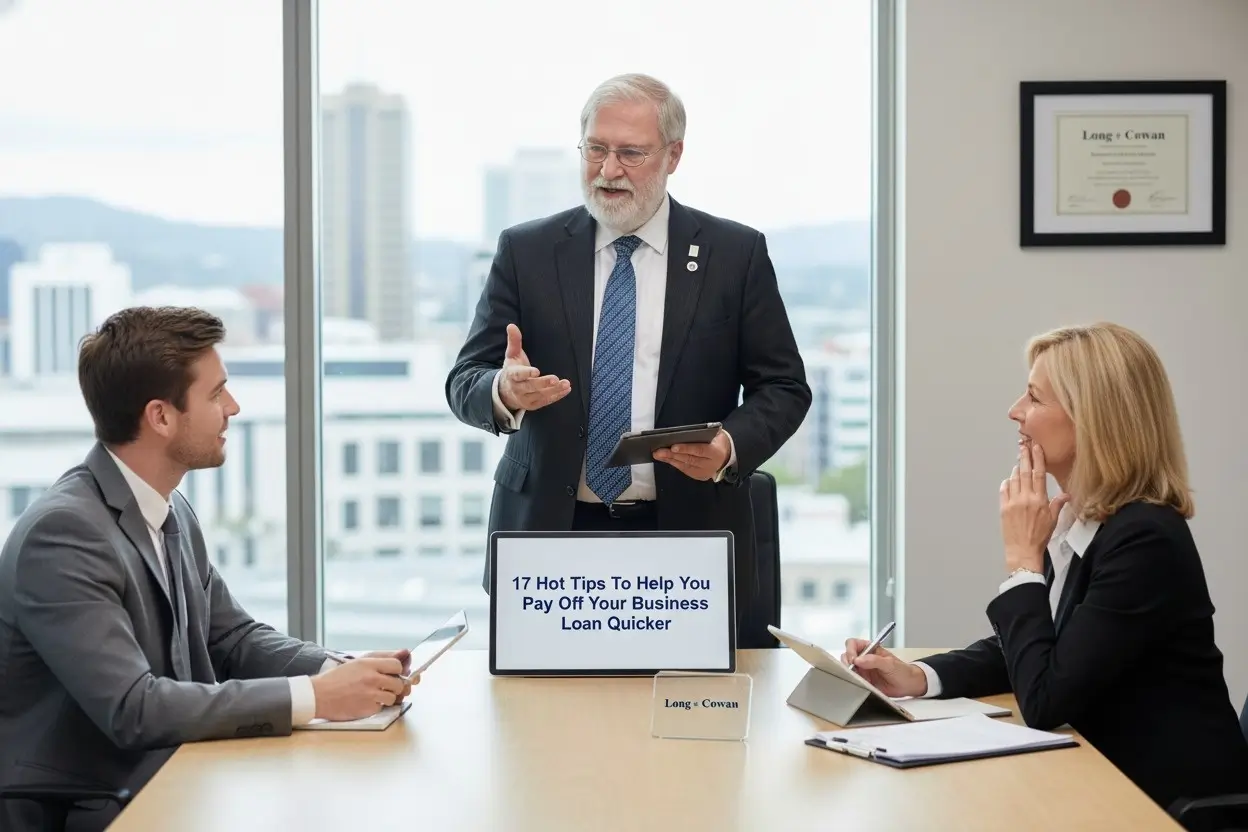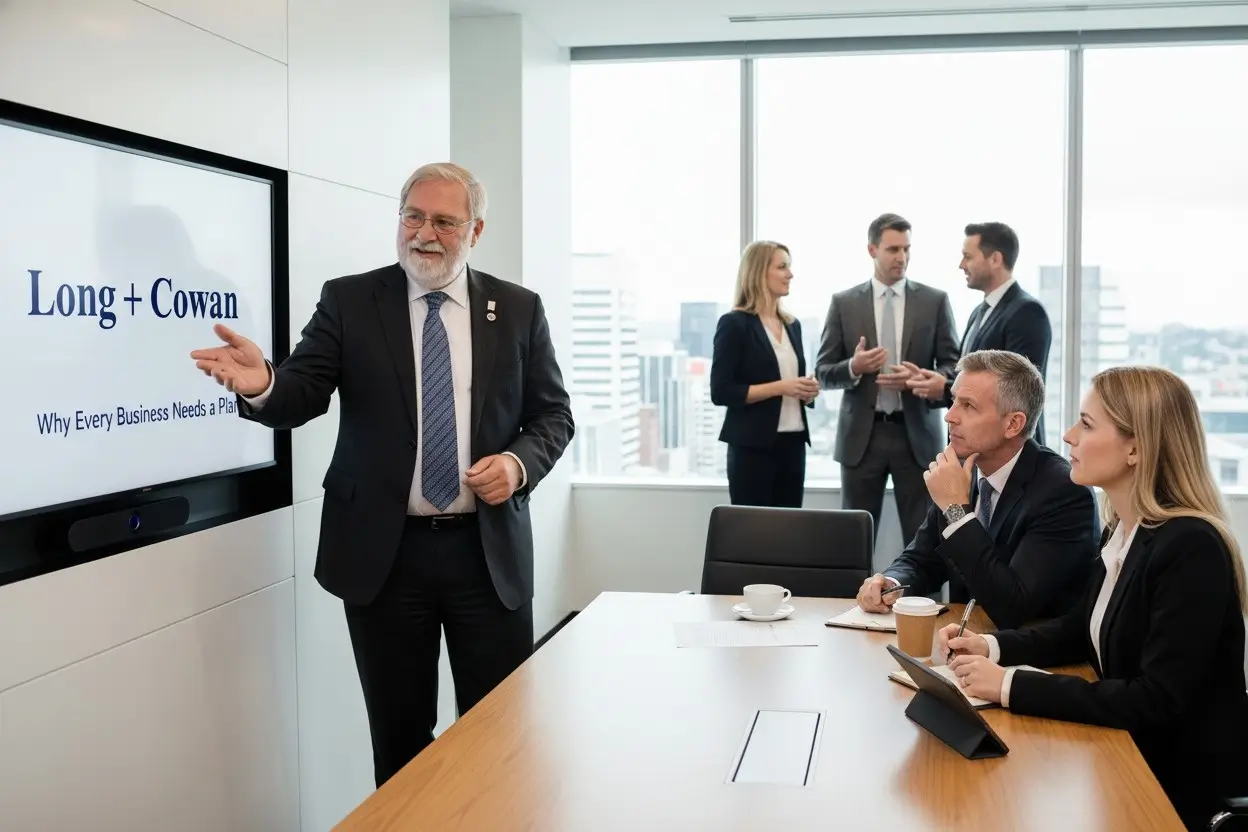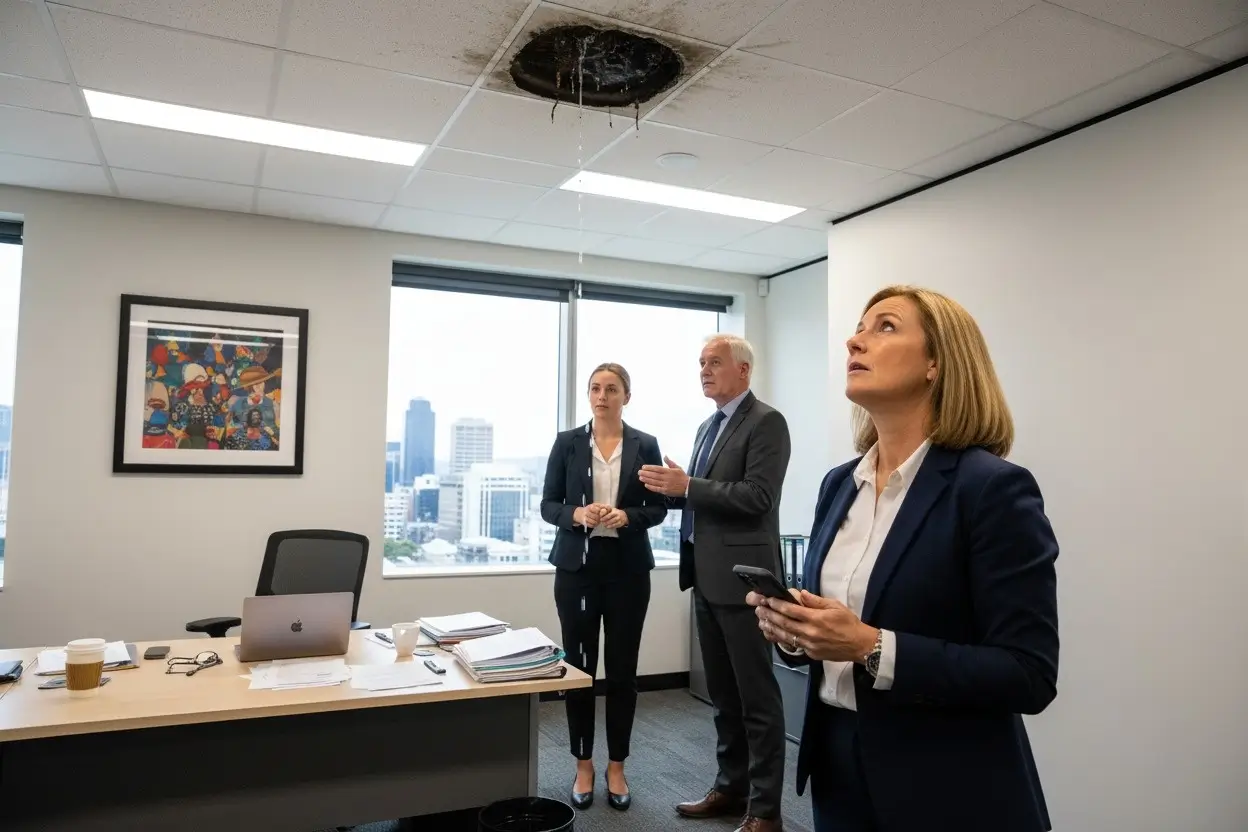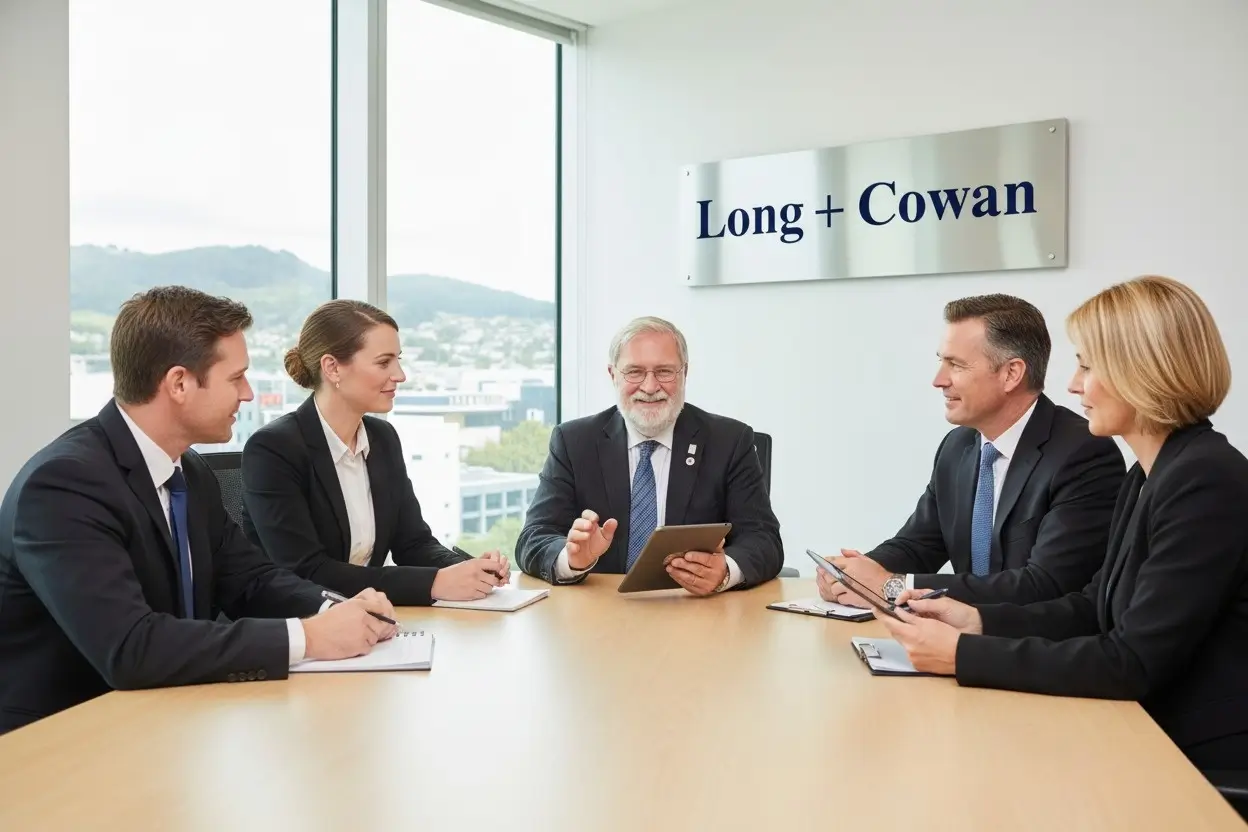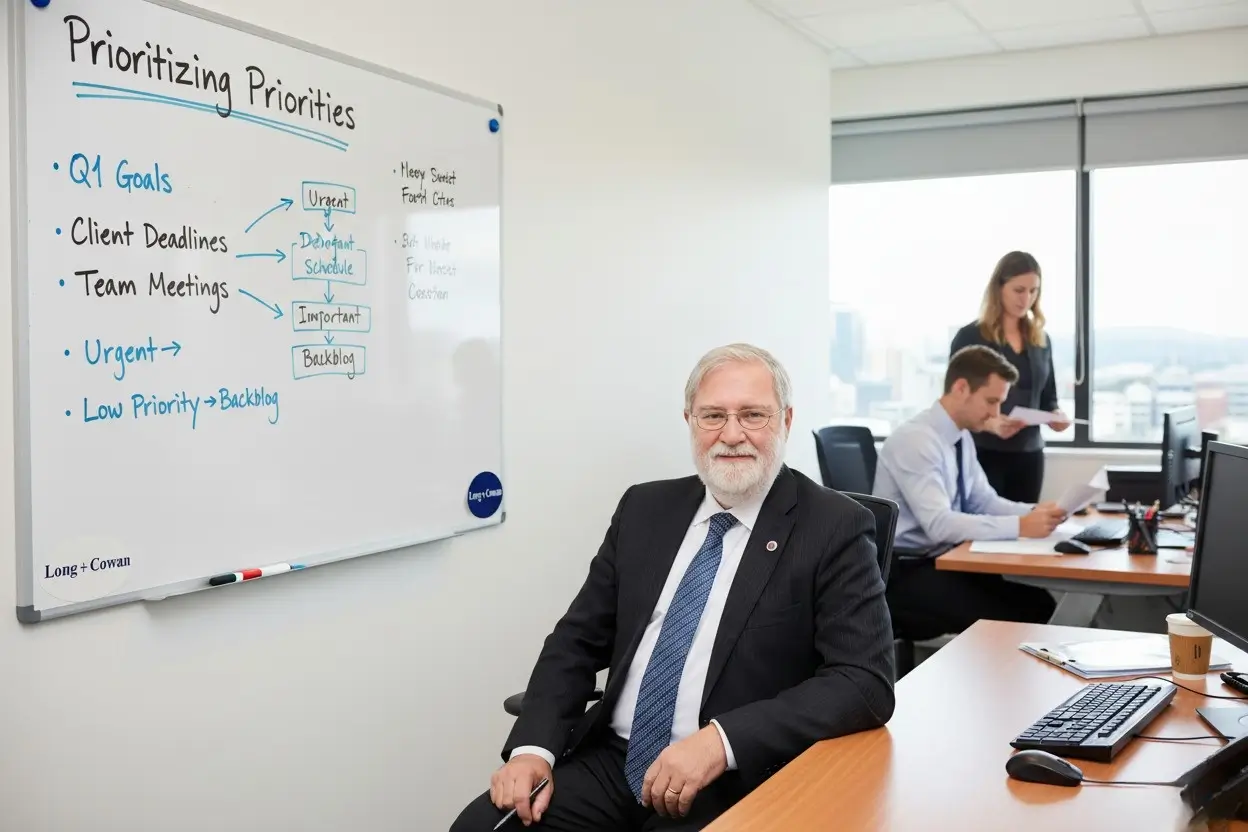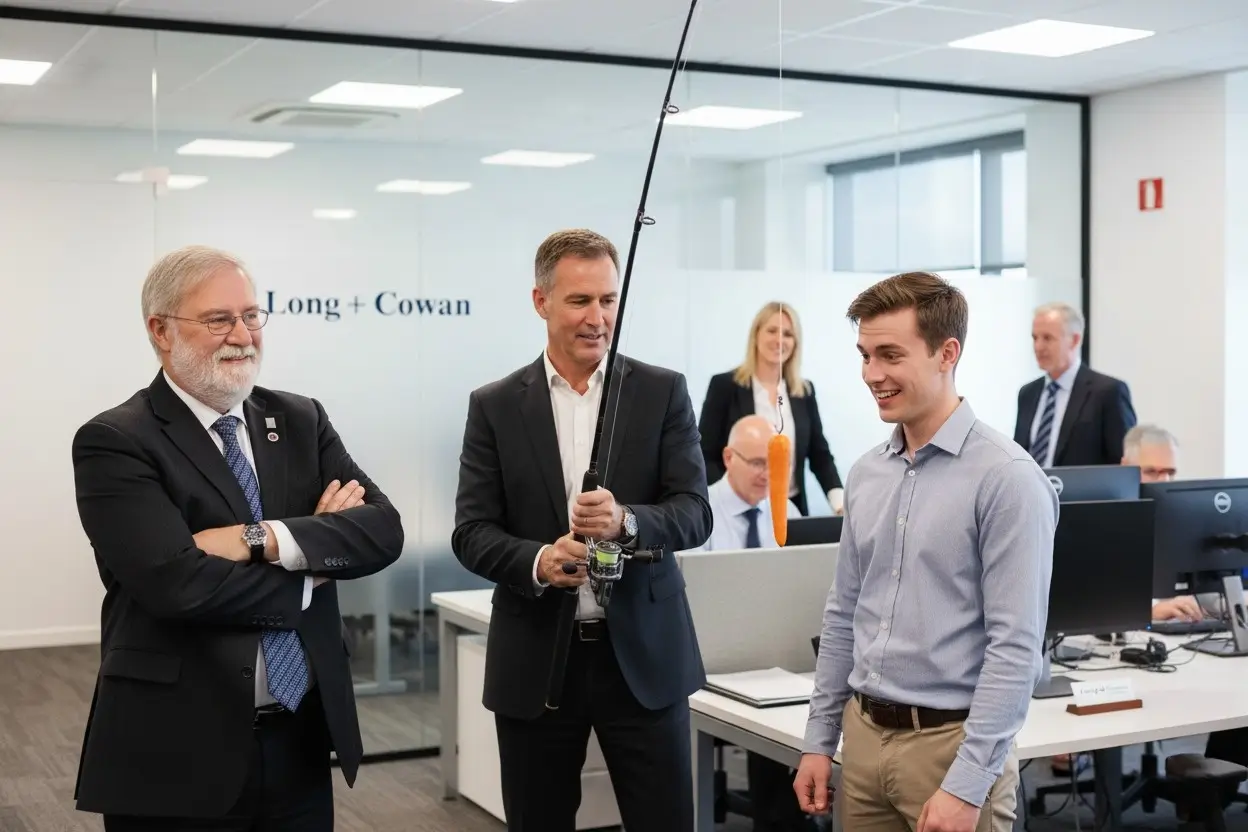Strong time management techniques can transform the way you operate your business. Every successful owner or manager knows that time is the one resource you cannot expand. When handled well, it powers profitability, reduces stress, and improves clarity in decision-making.
At Long + Cowan, we have seen how effective time control can create a ripple effect through every level of a business. Productivity increases, team morale improves, and leaders regain focus on what truly matters. Managing time effectively means managing your results.
Understanding the Value of Every Minute
Every minute you spend should contribute toward your strategic goals. Many business owners lose hours to unproductive meetings, unnecessary emails, or tasks that should be delegated. Time management begins with awareness; understanding where your time goes and whether it adds value.
Keep a time log for one week. Record what you do each hour and how long it takes. The exercise will highlight inefficiencies and distractions you may not have noticed. Awareness is the first step toward control.
Setting Clear Priorities
Without priorities, even the most organised calendar becomes chaos. Establish which activities directly impact your bottom line and focus on those first. Categorise tasks as either critical, important, or routine.
Start each day by identifying your top three priorities. These are the tasks that move your business forward. Completing them early creates momentum and confidence. When priorities guide your schedule, productivity follows naturally.
Building a Structured Routine
A structured routine eliminates decision fatigue. When you start the day knowing what to do next, you save energy for higher-level thinking. Block specific times for planning, administration, meetings, and focused work. Avoid multitasking; it reduces quality and doubles the chance of error.
For Wellington professionals juggling clients, compliance deadlines, and staff management, consistency is key. Allocate recurring times for similar work such as client follow-ups on Mondays and financial reviews on Fridays. Predictability breeds efficiency.
Using Technology to Automate Routine Tasks
Technology can be your greatest ally. Cloud-based accounting platforms like Xero and MYOB automate reporting, invoicing, and reconciliations. Calendar integrations send reminders for tax deadlines or meetings. Automation removes repetition, reduces errors, and gives you back valuable hours.
At Long + Cowan, we help businesses set up these systems to align time use with financial control. Automation does not replace strategy; it supports it by freeing you to focus on value-generating work.
Delegation as a Leadership Tool
Delegation is one of the most underused time management techniques. Many business owners believe they must do everything themselves to ensure quality. In reality, that mindset limits growth. Delegating tasks to capable staff not only frees your schedule but also builds team capability.
When delegating, define the outcome clearly, provide tools and authority, and review results periodically. Trust the process; leadership means guiding, not micromanaging. A well-trained team multiplies productivity.
Avoiding the Trap of Perfectionism
Perfectionism consumes time without improving results. Striving for excellence is good; chasing perfection is costly. Learn to distinguish between tasks that require precision and those where “good enough” is acceptable.
Ask yourself whether the extra time spent will produce proportionate value. In most cases, progress matters more than perfection. Setting boundaries on effort helps you focus on completion, not endless refinement.
Handling Interruptions Effectively
Distractions destroy focus. Emails, phone calls, and staff queries all fragment concentration. Create dedicated periods for uninterrupted work, often called “deep work.” During these blocks, silence notifications and avoid casual interruptions.
Encourage your team to do the same. When the entire office respects focused time, efficiency rises sharply. You will be amazed how much more you can accomplish in a single uninterrupted hour.
Learning to Say No
Not every opportunity deserves your time. Saying yes to everything means saying no to focus. Politely declining non-essential commitments is one of the most valuable skills a professional can develop.
Before accepting a request, ask whether it aligns with your priorities. If not, delegate it or decline. Protecting your time is protecting your results. Every yes should bring measurable value to your business or your clients.
Balancing Planning and Action
Planning is essential, but overplanning leads to stagnation. The most effective professionals strike a balance; plan enough to stay focused, but act quickly to maintain momentum. Perfection in planning often becomes procrastination disguised as productivity.
Set deadlines for decision-making and stick to them. Action creates clarity. Once you act, you can adjust course with real data instead of speculation. The key is to move forward consistently, not perfectly.
Managing Stress Through Organisation
Disorganisation breeds stress. Missed deadlines, lost documents, and rushed work sap energy and focus. Organised systems calm the mind and make tasks manageable. Use project management tools to centralise tasks, files, and communication.
At Long + Cowan, we recommend aligning personal organisation with business processes. When your calendar, financial data, and communication channels are synchronised, you eliminate confusion and reduce anxiety across your team.
Tracking and Reviewing Progress
Time management is not static; it evolves. Review your weekly and monthly performance. Did you achieve your key priorities? Where did time slip away? Honest reflection prevents repetition of mistakes.
Many of our Wellington clients benefit from integrating time tracking with financial data. When you can see both time and money in one place, you gain a full picture of business efficiency. Regular reviews ensure continuous improvement.
Creating Habits That Sustain Efficiency
Efficiency grows through habit. Simple daily rituals such as planning tomorrow before leaving the office, checking your schedule first thing each morning, or reviewing results on Friday afternoons build consistency. Habits make discipline effortless.
The longer you maintain good habits, the less mental effort time management requires. Over time, structure becomes second nature and your productivity multiplies without added stress.
Recognising When to Rebalance
Even with strong systems, overload happens. If fatigue or frustration sets in, take it as a signal to rebalance. Step back, reassess priorities, and make necessary adjustments. Sustainable productivity depends on maintaining personal wellbeing.
Smart professionals protect their energy as carefully as their time. By balancing workload and rest, you avoid burnout and maintain steady performance year-round.
Applying These Techniques in Wellington Businesses
Across Wellington Central, Karori, and surrounding suburbs, business owners face tight deadlines and rising operational demands. Applying practical time management techniques ensures smoother workflows, better client communication, and stronger profitability.
Whether you are managing payroll, preparing company returns, or planning cash flow, structured time use gives clarity and control. When your business operates efficiently, you gain the confidence to plan for growth instead of reacting to problems.
Partnering for Greater Productivity
Time management and financial management go hand in hand. Our team at Long + Cowan helps clients streamline systems, integrate technology, and align daily actions with long-term business goals. When your time reflects your priorities, results follow naturally.
For guidance on improving efficiency and reclaiming valuable hours, contact us for more info by filling in an enquiry form or e-mailing or calling us during office hours. Time is your most valuable asset; let us make every minute count.

